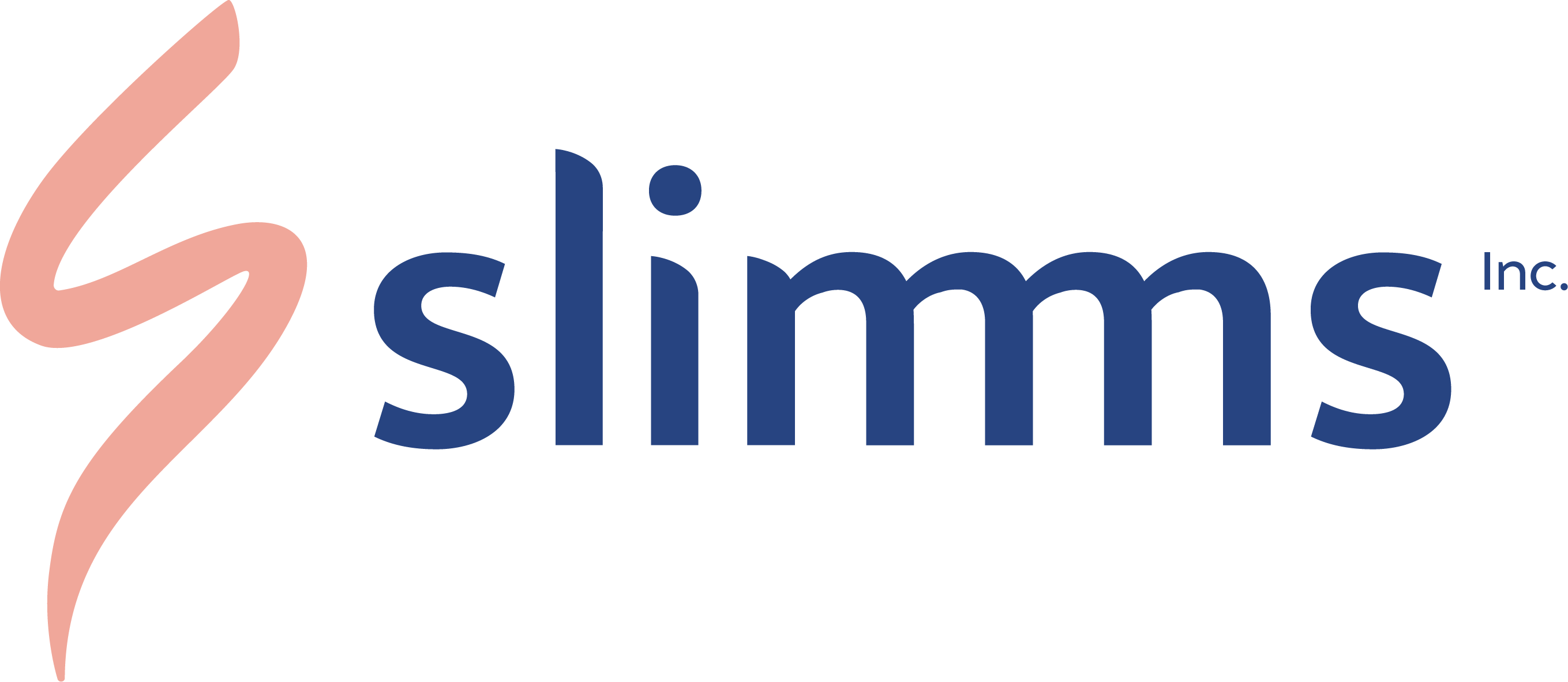Bariatric Surgery for a Cure: Pseudotumor Cerebri
Pseudotumor Cerebri (PTC) is a condition defined by severe headaches, pulsatile tinnitus (ringing in the ears) and blurred vision. The diagnosis is made by measuring the pressure in the cerebral spinal fluid (CSF, the protective fluid around the brain) and obtaining a CT scan or MRI. The CSF pressure is always high, and the CT scan is usually normal.
Pseudotumor Cerebri is one of the known complications of severe obesity but is not common. However, PTC can be debilitating. Most experts believe that the increased pressure inside the abdomen of obese people increases pressure on the spinal cord, resulting in back-pressure on your cerebrospinal fluid. This leads to the headaches and other symptoms. Considering this theory, significant weight loss will decrease abdominal pressure and relieve obesity-induced PTC. The problem, of course, is that permanent weight loss through dieting is difficult to achieve for everyone, and people with PTC have even more difficulty due to the inability to exercise because of the headaches and other symptoms.
Relief of the increased intra-abdominal pressure after weight loss from bariatric surgery decreases intracranial pressure and can resolve the symptoms of PTC. In Annals of Surgery, May 1999, Dr. Harvey Sugerman published a scientific study that evaluated bariatric surgery as a treatment of Pseudotumor Cerebri. In the study he looked at 24 morbidly obese female patients with an average BMI1 of 47 who were referred with severe headaches and increased intracranial pressure. Neurological imaging of the brain was normal in all. Twenty-three patients underwent gastric bypass and one underwent gastric band placement. Patients were evaluated at one week as well as 3, 6, 12, and 18 months after surgery. Repeat CSF pressure measurements were done if patients complained of continued headaches one year after surgery.
At one year after surgery, patients had lost an average of 45kg, about 100 pounds. Five of the original 24 patients were lost to follow-up. Of the 19 patients evaluated, surgically induced weight loss was associated with resolution of headaches in all but one patient by four months after surgery. Weight regain occurred in two of the 19 patients studied, with subsequent recurrence of headaches.
Traditional surgical procedures for treating PTC, such as shunting fluid away from the brain, have mediocre results when used for PTC and often require surgical revision. The neurosurgical solution is designed to treat the symptoms but does not address the underlying problem. The results of this study indicate that Pseudotumor Cerebri can be cured through bariatric surgery, and that bariatric surgery should be considered as a treatment option for this debilitating disease.
